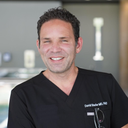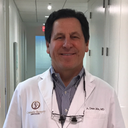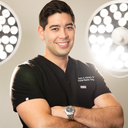What Causes Blurry Vision After Blepharoplasty?
No complications occured during the procedure and I could see clearly for a week after the surgery. Now, three weeks after, my vision is extremely blurred. According to two physicians who examined me, there was no damage or infection present, only that my eyes are dry. I have been using the eyedrops and eyegel prescribed by the doctor, but my vision is still blurry. What could be causing it?









